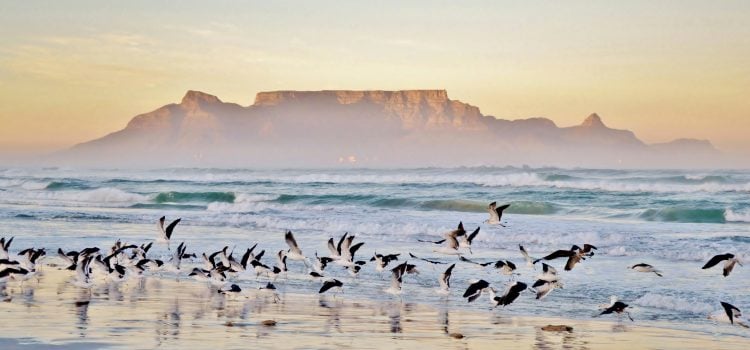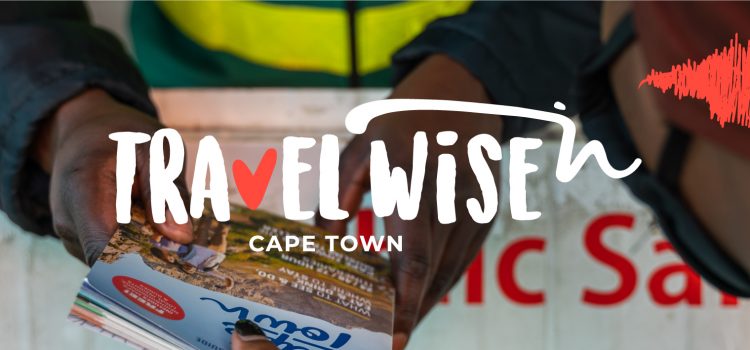A number of exciting marine science learning opportunities available to learners via the Two Oceans Aquarium Education Foundation.
For more information, email education@aquariumfoundation.org.za
Grade 7: Junior Smart Living
In addition to topics around human impacts on the environment and sustainable living in a modern society, this free course introduces ecological concepts, marine ecosystems and sustainable use of the ocean as a source of food, energy, minerals, tourism opportunities and recreation. Field trips are arranged to provide practical insight, where possible.
Grades 7, 8 & 9: Human Footprints
This brand new course highlights the impact of the rapidly growing human population on our planet. There will be a specific approach to factors affecting biodiversity:
- Habitat loss
- Invasive alien species introduced by humans
- Pollution
- Human population growth and consequences
- Over-exploitation of natural resources
- Climate change as a result of human activities
Grade 8: Marine Sciences Discoverer
A free, introductory course to marine biology and marine careers, this course is ideally suited for grade 8s who have an interest in marine life and science and who are considering this as a career path. The course runs over five days, covering various aspects of the oceans, with a few animal examples added to the mix. We ensure that the course is as hands-on as possible, with various activities and outings included.
Grade 9: Marine Sciences Explorer
The Marine Sciences Explorer course introduces students to some basic principles of oceanography, ecology and marine biology. Theory mixed with hands-on activities will specifically expose students to marine research and the scientific method. This approach to marine sciences seeks to guide grade 9s in their choice of grade 10 subjects and to assist those keen on pursuing a career in this field.
Grades 10, 11 &12: FET Young Biologist Volunteer Course
This course is for students in Grades 10, 11 and 12, who want to volunteer at the Two Oceans Aquarium. This course runs over six consecutive Saturdays, and includes topics such as molluscs, echinoderms, cnidarians and porifera. Upon completion of the course, the participants are fully equipped to volunteer at our Touch Pool & Microscope Exhibits, educating our visitors about our rich marine heritage.
Applicants should be aware that becoming a volunteer requires a commitment of at least three 4 1/2 hour shifts during each school holiday period, and should be considered fully before applying.
Grades 10, 11 & 12: FET Oceanography & Marine Biology
The high school Life Science and Physical Science curricula may provide a broad base in many aspects of these sciences, but leave students wishing to go on to tertiary studies in marine biology and oceanography with a very poor foundation in these topics. Our Oceanography and Marine Biology courses seek to bridge this gap. The courses are offered, at no charge, to 50 grade 10s, 11s and 12s who show a keen interest in marine sciences and who may wish to pursue a career in this field. The purpose of this course is to provide important basic principles and terminology in the marine sciences, while also adding to their existing knowledge in the Physical Science and Life Science.
FET Marine Biology course:
This introduction to Phytoplankton, Algae and Animal Phyla in South African coastal waters will equip participants with knowledge of core concepts and terminology that they will be expected to understand and apply in Tertiary Marine Sciences courses. Although this is a content loaded course, serving as a bridge to tertiary studies, there will be the opportunity to interact with and practically investigate as many of the organisms introduced, as possible.
FET Oceanography course:
This course introduces basic Oceanography content. This includes physical and chemical properties of our ocean planet, an understanding of the history of the earth, its geology, currents, and the relationship with the atmosphere.
Source: www.aquarium.co.za




